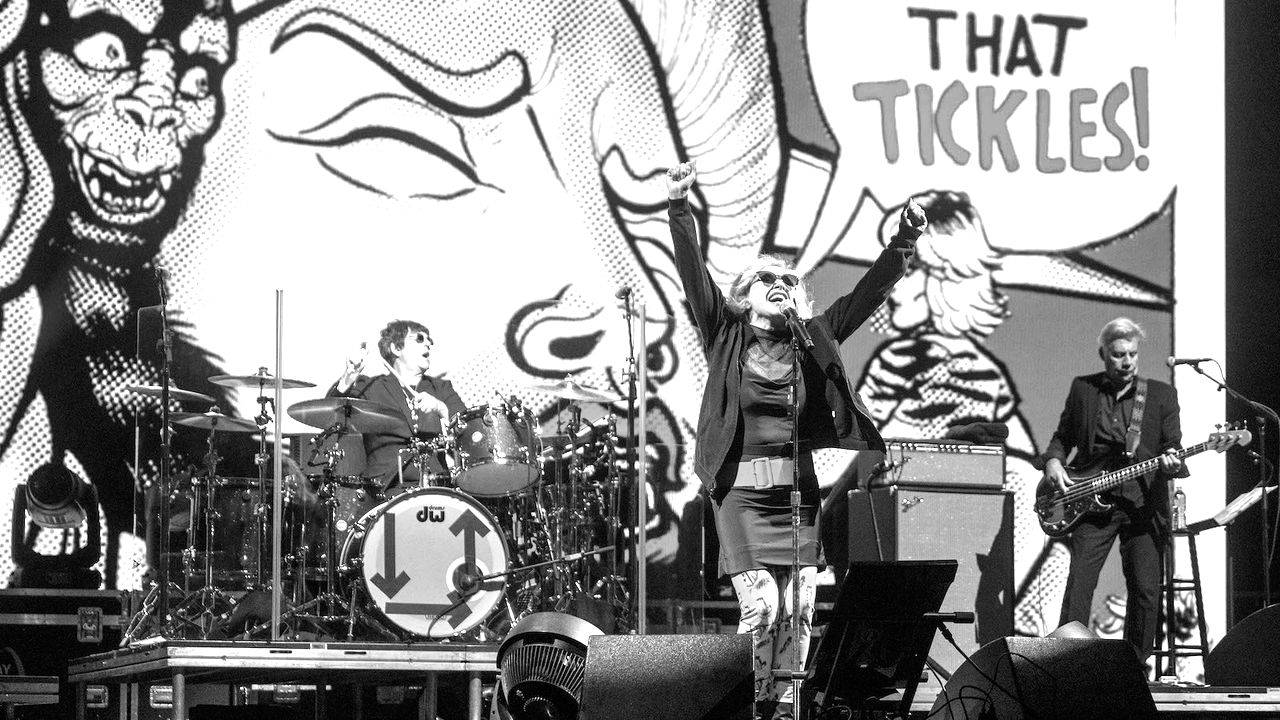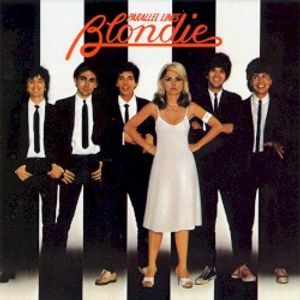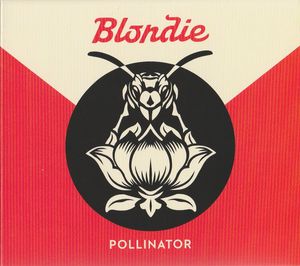

Blondie
Follow Your Favorite Band Today!
Top Blondie Community Posts
Story of Blondie
Blondie: The New Wave Pioneers Who Conquered the Charts
Blondie, the iconic American rock band, burst onto the scene in New York City in 1974, spearheaded by the charismatic singer Debbie Harry and the masterful guitarist Chris Stein. They were early adopters of the nascent New Wave sound, carving their own path within the burgeoning American punk scene.
Their debut albums showcased a raw energy, blending punk and new wave influences, and while they quickly gained a passionate fanbase in the UK and Australia, Blondie remained somewhat under the radar in their home country. This changed with their 1978 release, Parallel Lines. This critically acclaimed masterpiece catapulted them to international fame, establishing them as a force to be reckoned with.
The next two years saw Blondie unleashing a string of chart-topping hits. "Heart of Glass" (US No. 1), "One Way or Another," "Dreaming," "Call Me" (US No. 1), "Atomic," "The Tide Is High" (US No. 1), and "Rapture" (US No. 1) dominated airwaves and solidified their status as musical titans. Blondie's eclectic sound, seamlessly blending disco, pop, reggae, funk, and early hip-hop influences, set them apart and captivated audiences worldwide.
After a remarkable run, Blondie disbanded in 1982 following the release of their sixth studio album, The Hunter. Their legacy as musical innovators and chart-topping superstars endures, cementing their place as one of the most influential and beloved bands of all time.
Frequently Asked Questions
Bands you may like
More Pop Rock Bands
Discover more bands in the Pop Rock genre and explore the diverse sounds that define this musical style.
Browse All Pop Rock BandsMore Bands from United States
Discover the rich musical heritage of United States and explore bands that represent the country's unique sound and culture.
Browse All United States Bands









